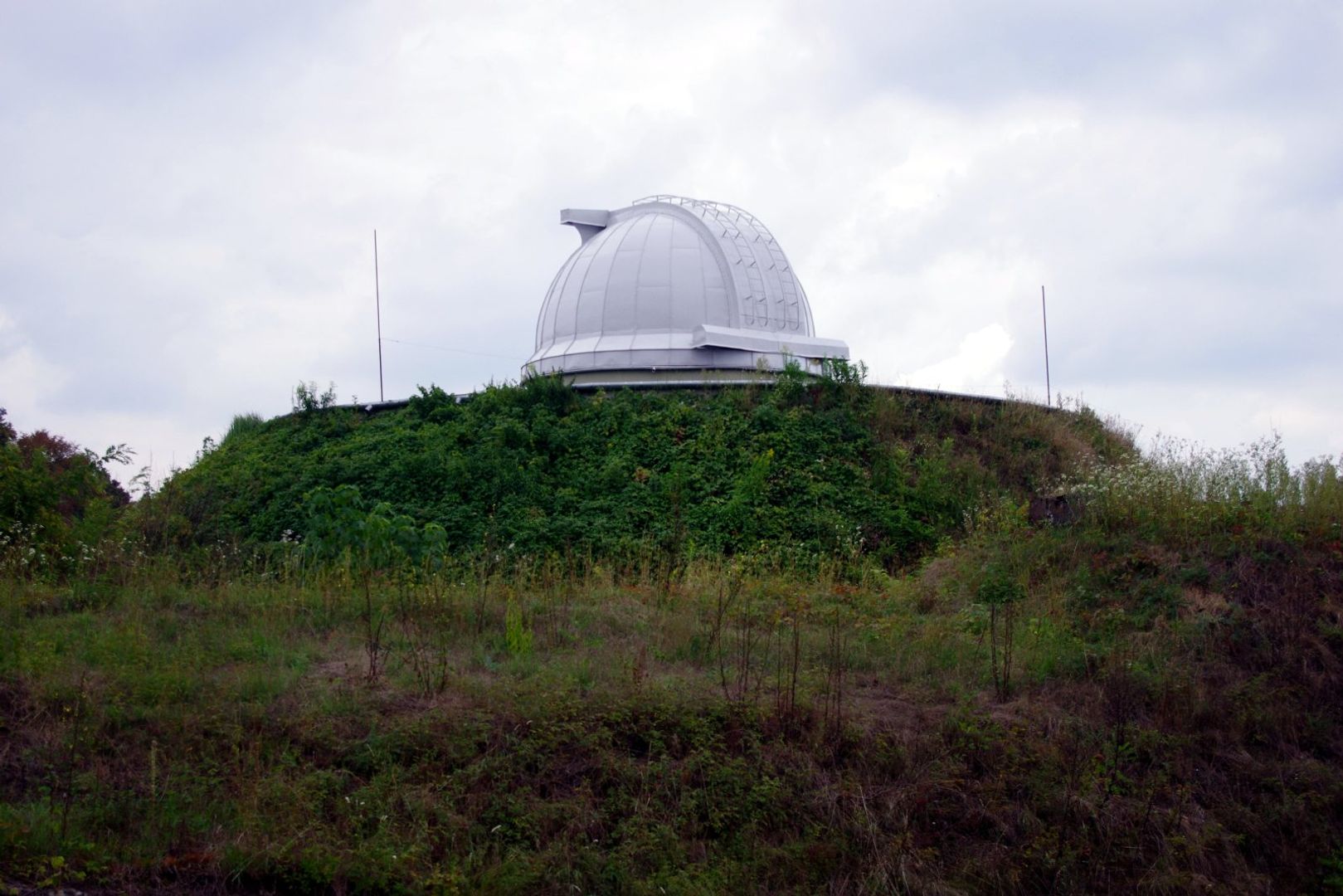Jagiellonian University Astronomical Observatory
6.71

Overview
The Jagiellonian University Astronomical Observatory in Krakow, founded in 1792, is the oldest institution of its kind in Poland and one of the oldest in Europe. Its origins trace back to the astronomical traditions of the Krakow Academy from the 15th century, though the establishment of the institution itself was challenging due to the forgetting of earlier achievements and conservatism in teaching. The initiative to create the observatory was taken by Rev. Professor Józef Grzegorz Popiołek in the mid-18th century, and the first instruments were purchased in Vienna. After the partitions of Poland in 1772, despite difficult financial conditions, events such as Kołłątaj's reform contributed to the development of the university. Jan Śniadecki, a key figure in the observatory's history, studied in Germany and France before returning to deliver lectures in Polish and initiate observations. The observatory began regular astronomical and meteorological research, gaining recognition for the accuracy of its observations. In the 19th century, under the leadership of Director Maksymilian Weissen, research advanced and instruments were modernized, resulting in the publication of valuable star catalogs. In the 20th century, under successive directors like Tadeusz Banachiewicz, the institution enhanced its international standing by introducing modern research methods, including radio astronomy. The observatory participates in innovative research projects, collaborating with international centers. Today, it is actively involved in research on galaxies, the evolution of the structure of the Universe, and astrophysical phenomena at the highest energies. Interestingly, the observatory not only uses modern technologies but also cherishes its historical heritage, which includes valuable astronomical instruments and scientific publications from various eras. The observatory is located in Fort Skała, giving it a unique architectural character that blends modernity with the historical context of Krakow. Over the centuries, this institution has played a key role in the development of astronomy in Poland and worldwide, remaining an important reference point for scientists and astronomy enthusiasts.
Location
District
District VII Zwierzyniec
City
Cracow
Tertiary Administrative Division
Cherkasy
County
Kraków County
Country
Tickets
Powered by GetYourGuide
2026 Wizytor | All Rights Reserved